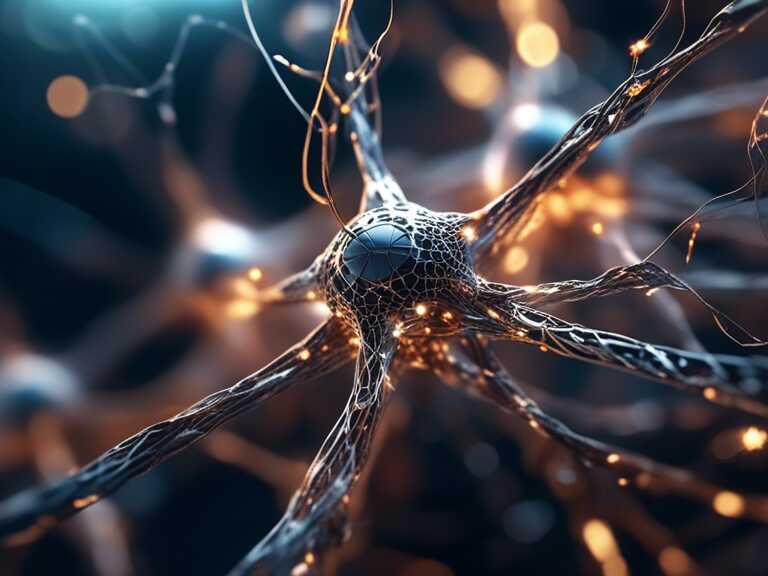
CAR T Cell Therapy Shows Promise for Treating Advanced Thyroid Cancer
New CAR T cell therapy AIC100 shows promise in treating advanced thyroid cancers with significant tumor shrinkage and disease control observed.

A recent breakthrough in cancer treatment has brought new hope to patients battling advanced thyroid cancer. Researchers at The University of Texas MD Anderson Cancer Center have developed a novel CAR T cell therapy known as AIC100, which shows promising results in treating two aggressive types of thyroid cancer: anaplastic thyroid cancer (ATC) and relapsed/refractory poorly differentiated thyroid cancer (PTDC).
The groundbreaking findings were presented at the American Association for Cancer Research (AACR) Annual Meeting 2025 by principal investigator Samer Srour, MB ChB, associate professor of Stem Cell Transplantation & Cellular Therapy. AIC100 targets the ICAM-1 protein found on tumor cells, effectively eliminating them. This third-generation CAR T cell therapy utilizes a unique feature: it co-expresses somatostatin receptor 2, allowing clinicians to monitor its effectiveness through specialized positron emission tomography (PET) scans.
Encouraging Early Results
In a first-in-human Phase I trial, AIC100 demonstrated encouraging responses and an acceptable safety profile in patients with ATC and relapsed/refractory PTDC. These types of thyroid cancer are known for their limited treatment options and poor prognoses, making this development particularly significant.
Among the nine patients who received dose level 2 or 3, a remarkable 22% exhibited substantial tumor shrinkage, while 56% achieved disease control. These observed responses in the two dose cohorts provide strong evidence for the potential of AIC100 in treating these highly aggressive thyroid cancers.
A New Treatment Option
"These results truly offer hope that we may be on the verge of providing a potentially effective new treatment option for patients with thyroid cancer," stated Samer Srour, MB ChB. "While it's still early in the process, having a complete remission and a partial response provides a solid foundation for further research and development, aiming to improve outcomes and potentially induce durable remissions for this very aggressive disease."
Future Directions
The multicenter trial enrolled 24 adult patients with newly diagnosed or relapsed/refractory ATC and relapsed/refractory PTDC. The investigators evaluated three dose levels of AIC100, with no responses observed following treatment at dose level 1. However, promising results emerged at dose levels 2 and 3, with a 50% overall objective response rate in four ATC patients and a 60% disease control rate in five PTDC patients.
Importantly, no dose-limiting toxicities were observed across the initial three dose levels. While some patients experienced grade 1/2 cytokine release syndrome (CRS), no serious adverse events occurred at doses 1-3, and no cases of ICANS (immune-related neurotoxicity) were reported. Based on the encouraging safety and efficacy profile, a fourth dose level was explored, leading to grade 3 pneumonitis in two patients.
Dose level 3 has been selected as the recommended dose for a future Phase II trial, paving the way for further investigation into the potential of AIC100 as a transformative treatment option for advanced thyroid cancer. The trial received support from AffyImmune Therapeutics, highlighting the collaborative efforts driving progress in this field.
This innovative CAR T cell therapy represents a significant advancement in the fight against aggressive thyroid cancers. With its ability to target tumor cells effectively and achieve encouraging responses, AIC100 holds immense promise for improving patient outcomes and potentially leading to durable remissions.
Share news














